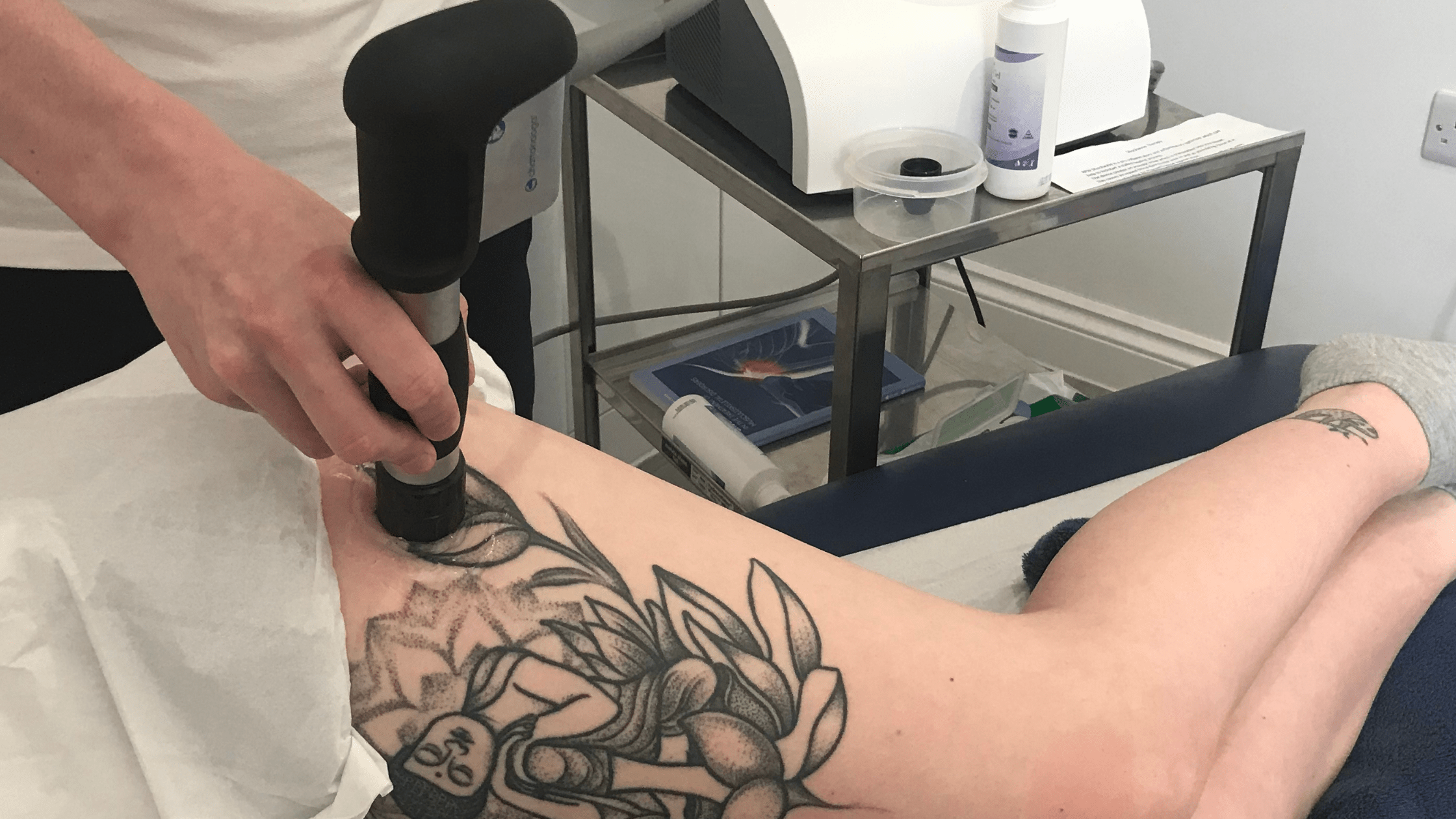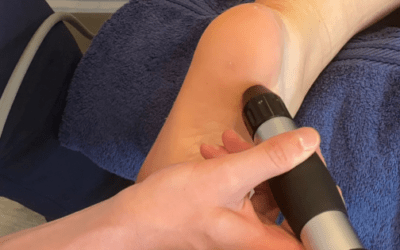What is Gluteal tendinopathy?
Glute tendinopathy is a painful injury; it can be acute or chronic. The condition is characterised by pain on the lateral/outside hip caused by reoccurring or prolonged compressive forces. Tendons are designed to accept and disperse load, they will do this efficiently as long as it is manageable and regular. Changes in force or load can lead to changes in the tendon, reducing its threshold to tolerate the previous load. This means that normal activities such as walking or stairs can more easily overload the compromised and irritated tendon. This condition generally affects inactive people but can also be a problem for runners.
Signs and symptoms of Gluteal tendinopathy?
- Pain on lateral/outside hip joint
- Pain when lying on the problematic side
- Discomfort walking, climbing stairs, standing and/or running
- Pain with single leg tasks
- Prolonged sitting is uncomfortable
- Pain can refer down the thigh
Risk Factors in Gluteal tendinopathy
- More prevalent in females than males
- Peri- menopausal or post-menopausal
- Weight gain/ Sedentary lifestyle
- Increasing more vigorous exercise too quickly
- Direct impact – falling
- Glute weakness
- Poor hip and pelvic control – core strength
- Sitting with knees together or crossed
- Running on a banked surface or in the same direction on an athletics track
Diagnosis
The tendinopathy will be diagnosed during hands on clinical assessment, which will also help rule out other pathologies (potential injuries).
Is Shockwave effective at treating gluteal tendinopathy?
A mixed modality approach, which includes a variety of complimentary treatment interventions, is the most effective recovery protocol.
Management strategies can include:
- Load management strategies through tailored and progressive rehabilitation programs
- Tendon rehabilitation
- Shockwave therapy
- Soft tissue release
- Strength and re-conditioning
Shockwave treatment is the delivery of acoustic waves and impulses of energy. This allows us to target and treat irritated tendon directly.
A study conducted in 2018 found that shockwave therapy was effective in providing pain relief in patients with gluteal tendinopathy.
A systematic review published in 2014 found that Shockwave therapy is superior to interventions such as rest, NSAIDs and corticosteroid injections and stretching exercise when the aim is to reduce pain and improve function. Shockwave has also been shown to be more effective than corticosteroid injections in the long-term for pain relief.
Key mechanisms triggered using shockwave to promote a healing response:
- Increase blood flow
- Pain modification
- Pro-Inflammation
- Tendon regeneration and remodelling
- Scar remodelling
- Reducing spasticity in the surrounding muscular
If you would like to find out more about Shockwave therapy to find out if it is the best treatment for you or would like to book an appointment for your glute or hip pain, please enquire today.
To book your shockwave appointments with Physio-logical, based in Rowlands Castle, Hampshire then please book online, call 023 9435 0270 or email us at enquiries@physio-logical.net. Research suggests 6 sessions are optimum at intervals of 5-10 days between appointments.




